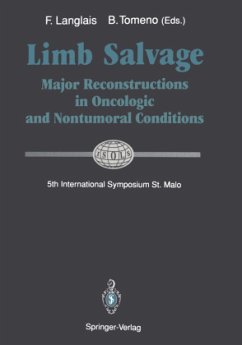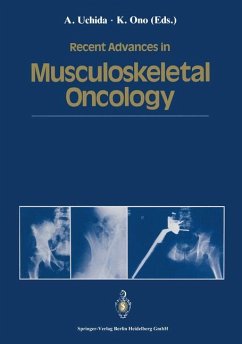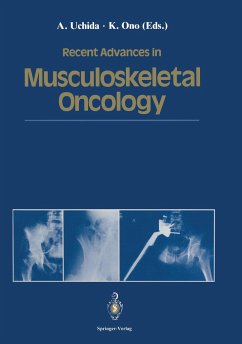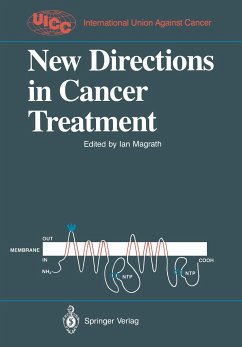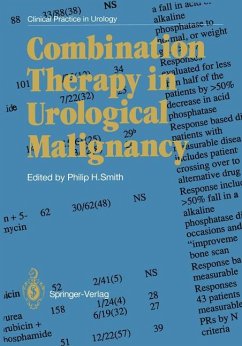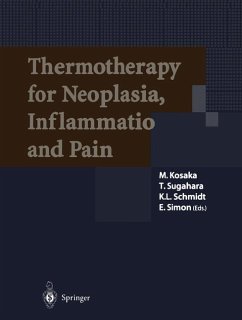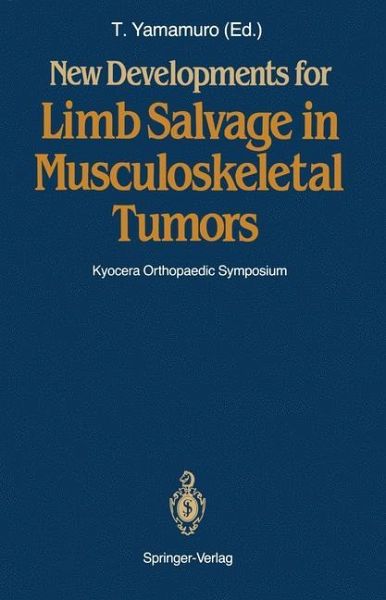
New Developments for Limb Salvage in Musculoskeletal Tumors
Kyocera Orthopaedic Symposium
Herausgegeben von Yamamuro, Takao

PAYBACK Punkte
20 °P sammeln!
Introduction of new diagnostic methods including various imaging techniques in the field of orthopaedic surgery has enabled us to make early and precise diagnoses of musculoskeletal tumors. In addition, recent progress in the chemotherapy and radiotherapy of malignant tumors has raised the five-year survival rate remarkably, although complete recovery from these treatments alone cannot be expected as yet. These medical advances naturally stimulate the search for ways of limb salvage even in malignant musculoskeletal oncology. To this pur pose, not only oncologists, but orthopaedic surgeons, ra...
Introduction of new diagnostic methods including various imaging techniques in the field of orthopaedic surgery has enabled us to make early and precise diagnoses of musculoskeletal tumors. In addition, recent progress in the chemotherapy and radiotherapy of malignant tumors has raised the five-year survival rate remarkably, although complete recovery from these treatments alone cannot be expected as yet. These medical advances naturally stimulate the search for ways of limb salvage even in malignant musculoskeletal oncology. To this pur pose, not only oncologists, but orthopaedic surgeons, radiologists, engineers, and biomaterials scientists should work together to design suitable surgical procedures and prostheses using autograft, allograft and biomaterials. The First International Workshop on the Design and Application of Tumor Prostheses for Bone and Joint Reconstruction was held in 1981 in Rochester, Minnesota. Participants were of an interdisciplinary nature in order to establish a basis for cooperative efforts, which have subsequently spread throughout the world. Since then, biennial inter national symposia have been held successively in Vienna, Florida, and Kyoto. Previous gatherings of this prestigious series were open only to a small number of experts.





